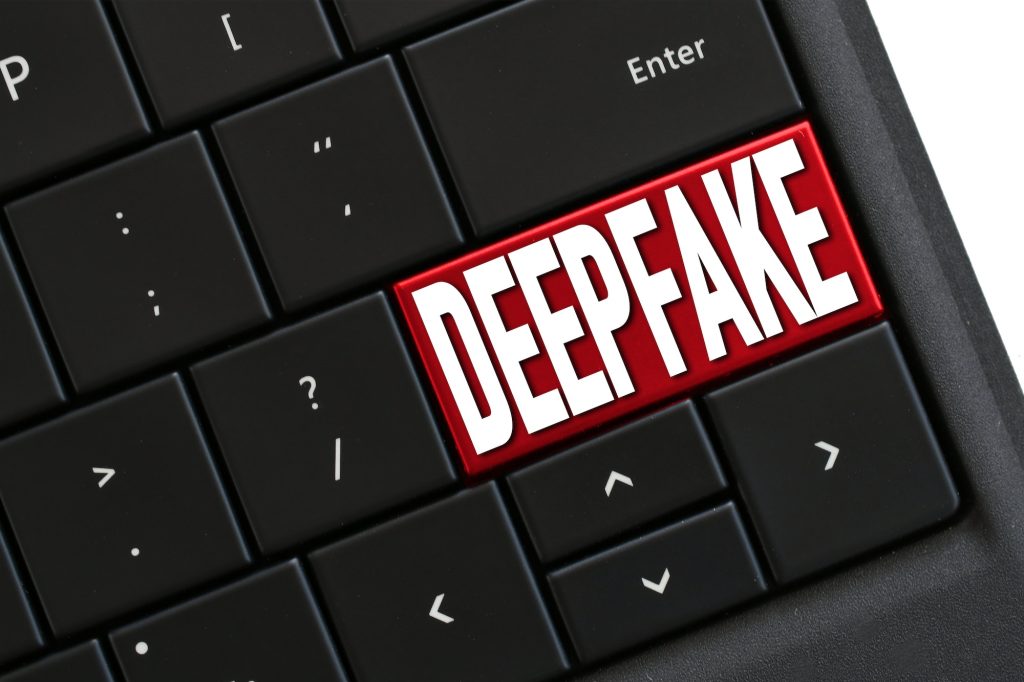Experts warn about the potential impact of AI in the US 2024 Election
The availability of affordable and sophisticated generative AI tools has led to a surge in deepfake production, with insufficient safeguards in place to combat the dissemination of harmful disinformation.

In the world of US politics, deepfake videos have become a powerful tool for spreading misinformation. Synthetic media, created using AI algorithms like Midjourney, can blur the lines between fact and fiction, making it difficult for voters to distinguish between real and fake content, experts warn.
The rise of generative AI tools has made it easier and cheaper to create convincing deepfakes, increasing their production. Newly developed tools are being made available without adequate safeguards or effective measures to counteract the spread of harmful disinformation.
Specialists expressed uncertainty regarding the destination of generative AI and the most effective strategies to mitigate its potential for disseminating large-scale misinformation. Some political players are even using generative AI to enhance their campaigns, as seen in an AI-generated political ad by the Republican National Committee. The potential for generative AI to produce campaign materials is appealing to activists and political consultancies, further blurring the line between reality and fiction.
